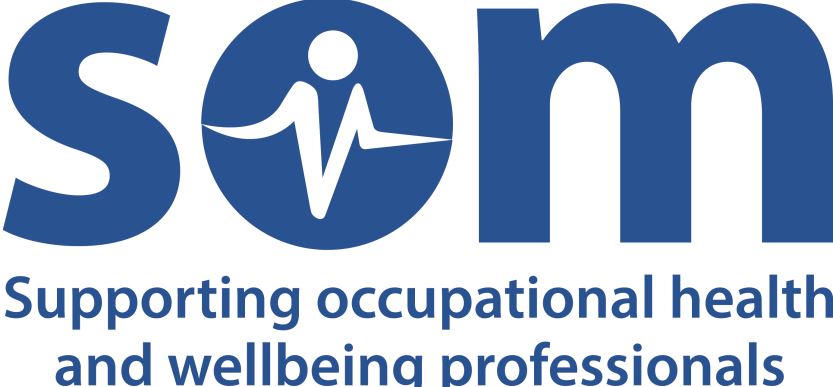The Passing of Her Majesty Queen Elizabeth II – Information for Schools and Colleges
Introduction
With the sad passing of Her Majesty Queen Elizabeth II on 8th September 2022 the UK will enter a period of national mourning. This is likely to evoke a strong emotional reaction across the country, bringing people together in a sense of shared loss and many children and young people are likely to be exposed to this directly and indirectly. This information has been drawn together from a number of published studies and textbooks to help give some basic guidance for educational settings in understanding how children and young people may process these events.
How Children and Young People Develop a Concept of Grief or Loss
Young children, up to the age of about 5-7 years often have very little concept of death. They may see it as temporary, or do not seem to understand the permanence or brevity associated with the passing. They may view the loss as something that can be overcome or that time will resolve, so may make insensitive statements, such as asking when they will see them again or the relevance to them. They may not understand people’s reactions to someone they have no immediate connection to and so may dismiss the concept. Engaging them with activities that celebrate the achievements of the Queen or during her reign may be more appropriate than direct teaching.
During middle childhood (8-12 years), children develop a more secure understanding as they grow. From the early part of this age range (and possibly earlier) they may show curiosity about the concept of death. Children during this time may develop a concept of the body stopping working and may then relate this to different forms of afterlife. They may have questions about death and so this is a topic that should not be avoided. They are likely to have noticed the impact of national mourning on people, or their routine, and so may have questions or seek to understand how people are emotionally affected by someone they may not have met. Schools may consider giving time for discussion in addition to activities that celebrate the reign of Her Majesty.
During adolescence young people develop a more mature concept of death and have almost an adult understanding of the concept. They may wish to discuss events and the period of national mourning, in addition to the processes that are being enacted in the period of mourning. Young people may link this to their own mortality and may process their thoughts and feelings through conversation with
peers and in lessons. Time should be allowed for these conversations in secondary and further education to help this process. This may lead to discussions about the monarchy now and in history, leading to opportunities within multiple curriculum areas to follow avenues. There is the potential for various ethical and moral conversations in different lessons as young people explore the history and legacy of the past in modern times. It may help to differentiate these from the personal legacy of Her Majesty.
Helping Children and Young People Understand National Mourning
There can be no denying that the following few weeks will be quite unique times. For a variety of reasons, normal routines may change, and new events will occur. Therefore, as educators, we should be mindful of the need to help our pupils to understand what to expect.
Young children will benefit from an understanding of the social behaviour expectations, the sorts of things to expect. It may be that they do not grasp the concepts of events over the next few days and weeks, however they should be prepared for interruptions to their normal routines and the expectations of the various events.
During middle childhood, children may feel a sense of loss but not understand why. They may be interested or curious about people’s reactions (both close to them and on social media or the media). Aside from how it impacts them, children of this age may have questions and may recognise the emotions of others impacted by the passing of Her Majesty, even if does not affect them emotionally. Therefore, educators should be mindful of both the events that will happen, but also the emotions that they may observe or experience.
Adolescents are likely to have a more mature understanding of the impact of the passing of Her Majesty. Therefore, aside from understanding the events that will occur in the following days and weeks and the emotional impact of national mourning, they may experience a mixture of emotions themselves. Young people therefore may benefit from the opportunity to reflect and discuss these within lessons.
Curriculum Ideas
For young children, such as those in Early Years and Key Stage 1, schools may find it appropriate to celebrate the life of Her Majesty and use developmentally appropriate periods of reflection.
By middle childhood, such as in Key Stage 2, children will develop the ability to link Her Majesty’s reign to events in their lives. Therefore, activities may include reflecting on events during her reign, in addition to the period of national mourning. Time should be allowed for discussion about the impact of Her Majesty’s passing on their lives, as well as the nation, as required.
In adolescence, i.e. secondary and further education, there may be a more personal impact of the passing of Her Majesty. More complex topics, such as collective grief and grief for those who are not close to you may be important conversations for some young people. In addition, young people may seek to discuss or question deeper concepts, such as the concept of the monarchy, as part of this process. The voice of young people should influence possible directions for these conversations and there is the potential to spend time differentiating these concepts from the actions of Her Majesty during her reign.
Individual Concerns
There is the potential that individual pupils may be adversely affected by the passing of Her Majesty, or the public reaction to her death. Educators should be mindful of the need for individual support, signposting or referral if necessary.
Rest In Peace Queen Elizabeth II.
Richard Daniel Curtis
The Root Of It
National Network of Mental Health Leads
September 2022
02381 120010 07938 329314
richard.curtis@rootofit.com






